 February has brought substantial price increases for three curbside commodities: PET containers, aluminum cans and polypropylene.
February has brought substantial price increases for three curbside commodities: PET containers, aluminum cans and polypropylene.

Resource Recycling keeps you on top of critical industry trends and brings unparalleled analysis of the evolving materials stream, market turbulence, policy trends and more.
Sign up for our free weekly e-newsletters to receive the latest news directly.
 February has brought substantial price increases for three curbside commodities: PET containers, aluminum cans and polypropylene.
February has brought substantial price increases for three curbside commodities: PET containers, aluminum cans and polypropylene.
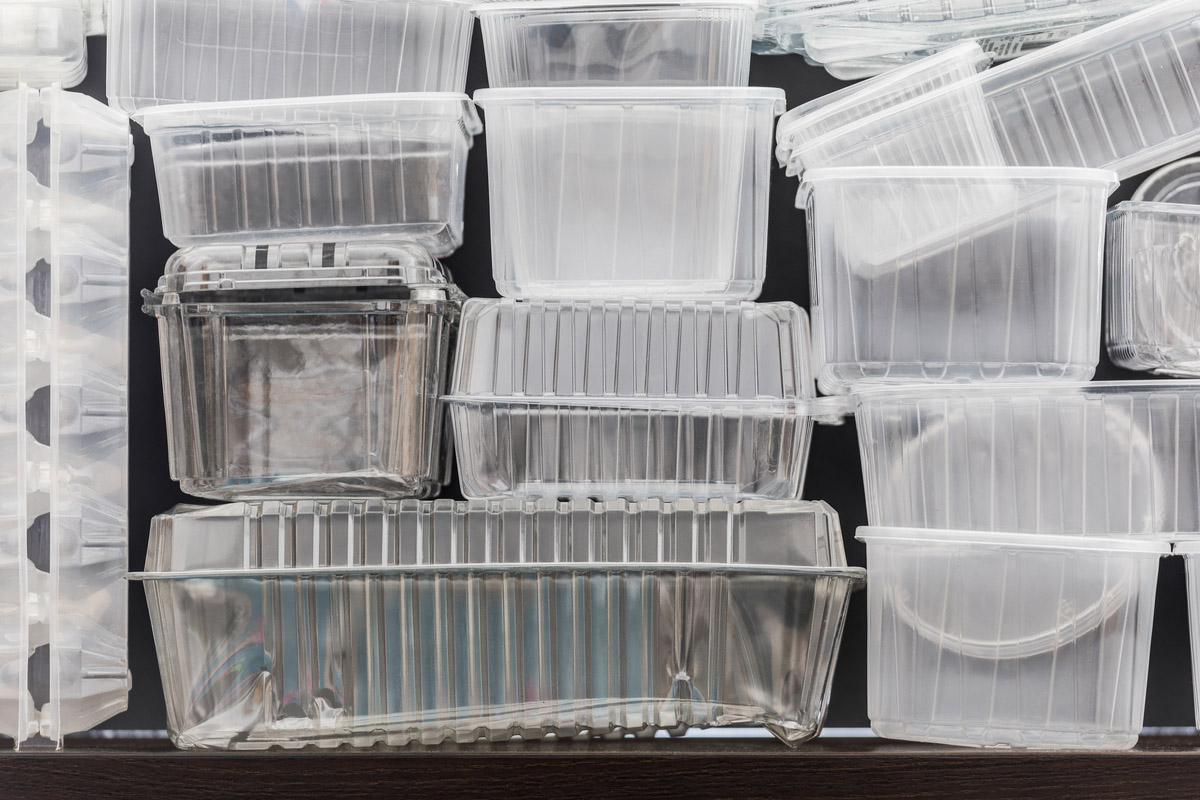
The Oregon Department of Environmental Quality has issued a request for technical information to help staff in considering which materials will make the state’s accepted recyclables list. | Konektus Photo/Shutterstock
Regulators in Oregon are asking producers to pony up the proof that their products are effectively recyclable.
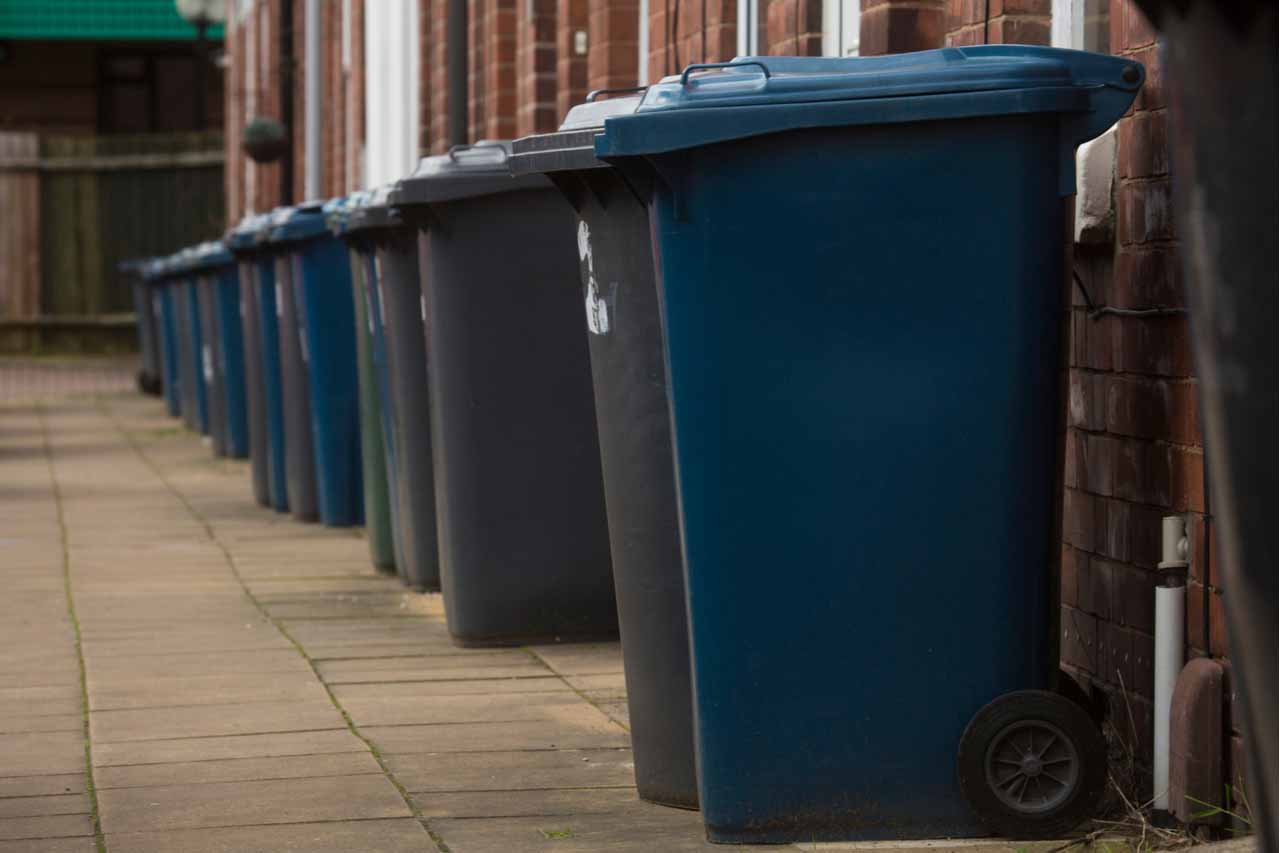
During a recent SWANA webinar, leaders from Seattle and Phoenix offered insights from their work toward circular economy goals. | Diana Parkhouse/Shutterstock
Two municipal officials and a Plastics Pact representative shared tips for moving away from a “make, take, waste” framework during a recent webinar. Public-private partnerships and system redesigns were two of the ideas shared.
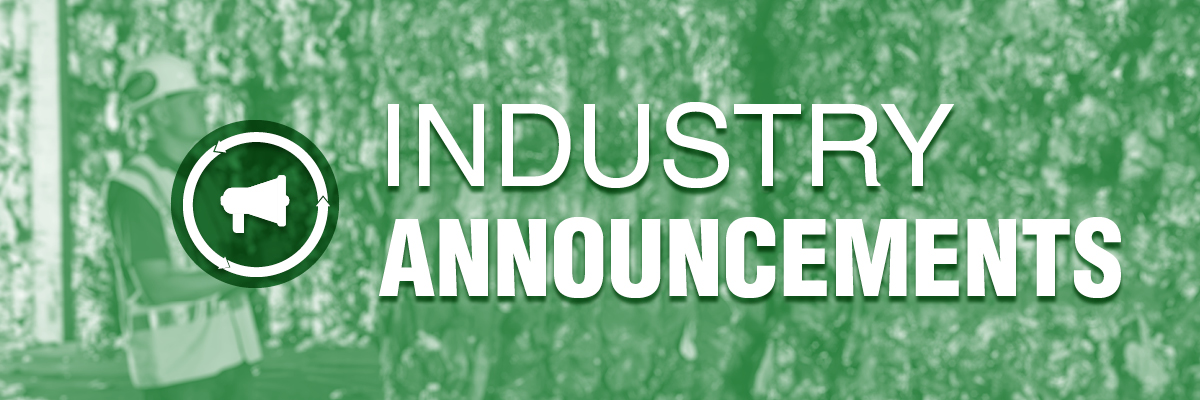
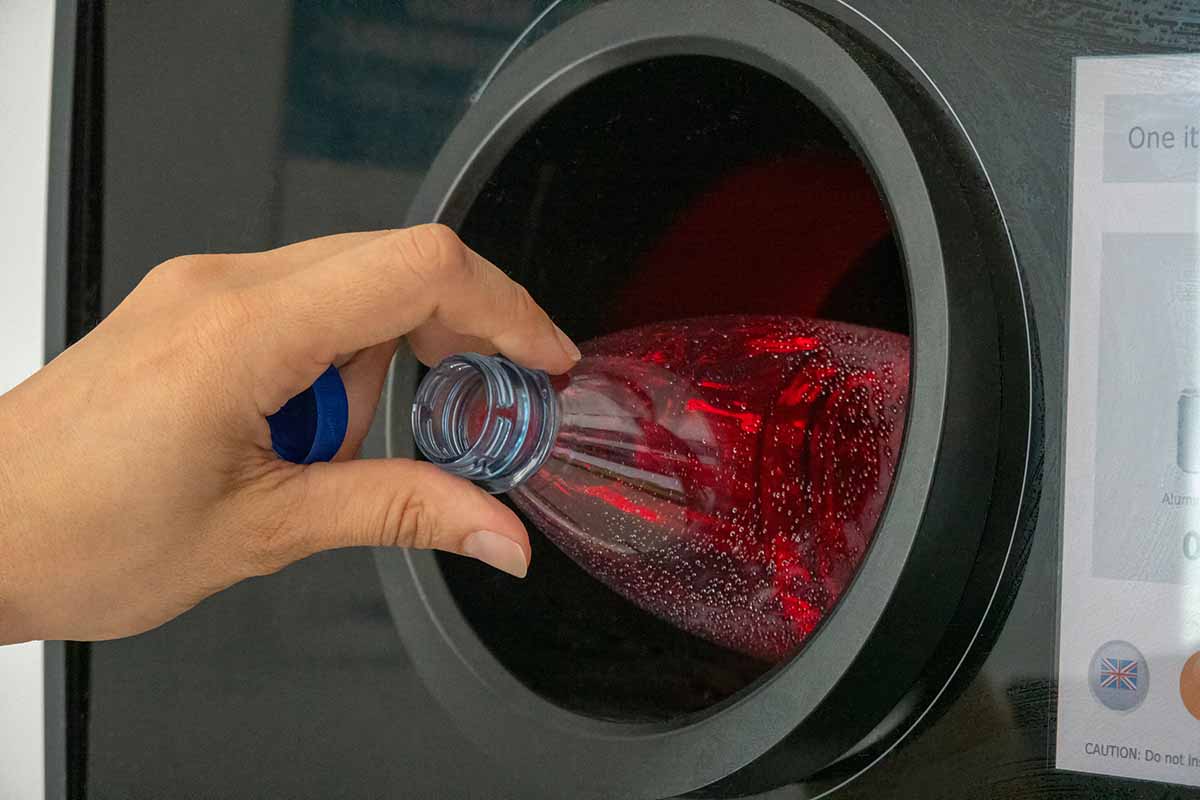
In the draft bill, deposits are set at at least 10 cents for containers under 24 fluid ounces and 15 cents for containers larger than that. | Veja/Shutterstock
West Coast lawmakers plan to introduce a national container deposit bill that one advocate says has a better chance of passing than past proposals because of wide “industry engagement.”

An analysis of federal data shows recycling firms received over a billion dollars in Paycheck Protection Program loans. | NIKCOA/Shutterstock
U.S. MRFs and recyclables traders received about $1.19 billion in Paycheck Protection Program loans, including nearly $318 million received after Congress allowed certain companies to take a second bite at the PPP apple.
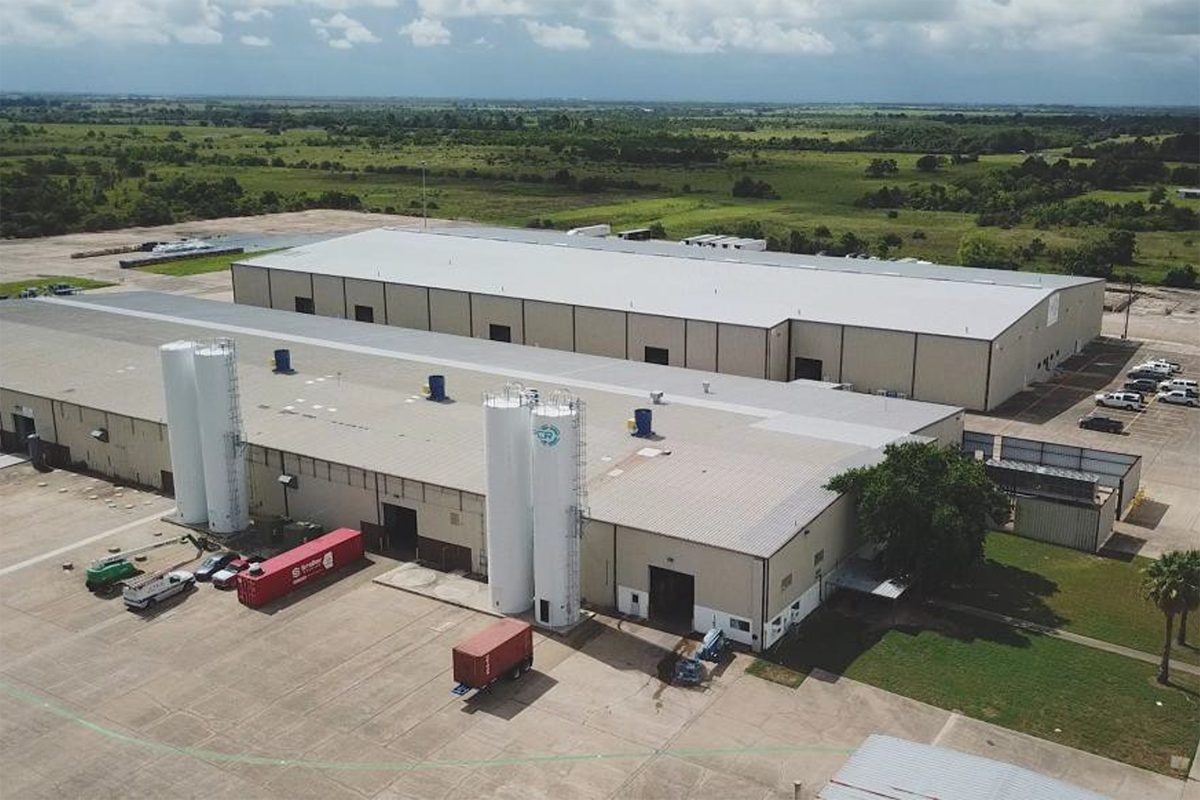
Avangard Innovative’s Waller, Texas facility will be home to the first U.S. deployment of Honeywell’s chemical recycling technology. | Courtesy of Avangard
Avangard Innovative has become one of the first examples of a large mechanical plastics recycling company embracing chemical recycling technologies.

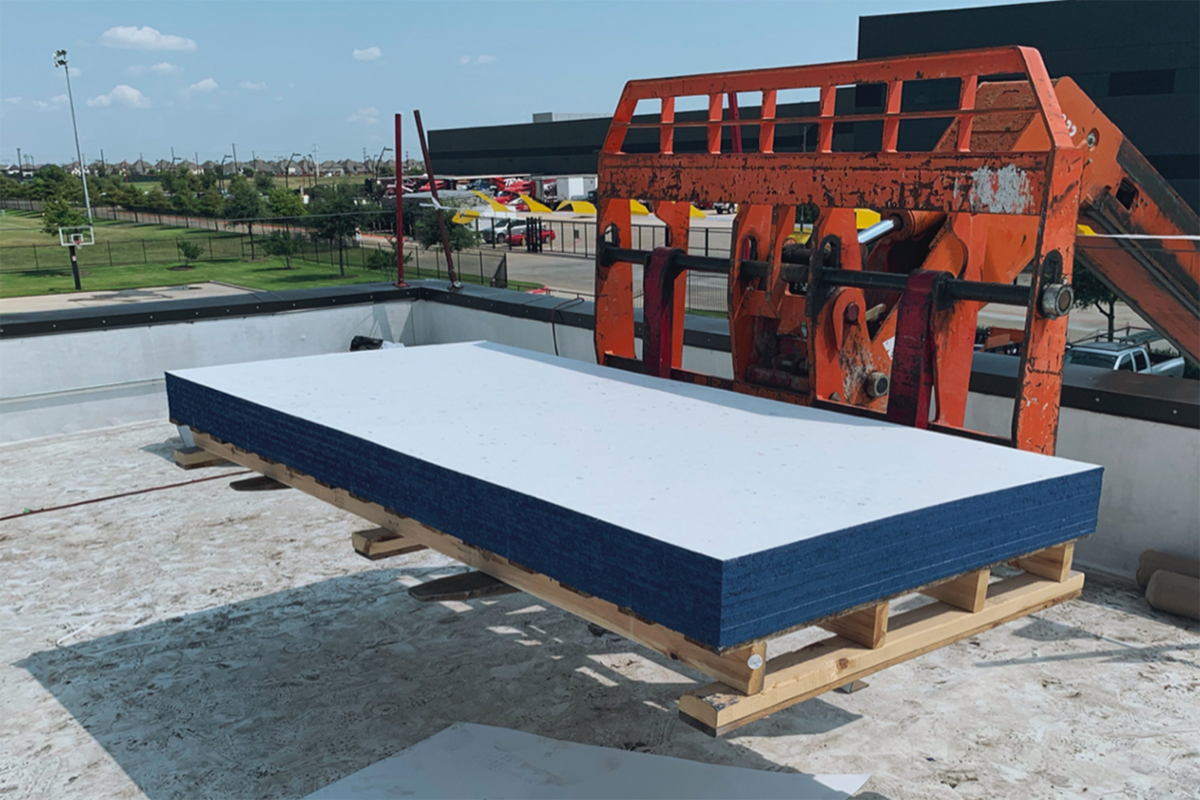
Every 1,000 square feet of Everboard prevents about 1 ton of mixed paper-plastic from going to landfill. | Courtesy of Continuus
Within three years, Waste Management could be sending 150,000 tons of mixed paper and plastic each year to a factory that will recycle the otherwise-landfill-bound material into a high-quality roofing board.
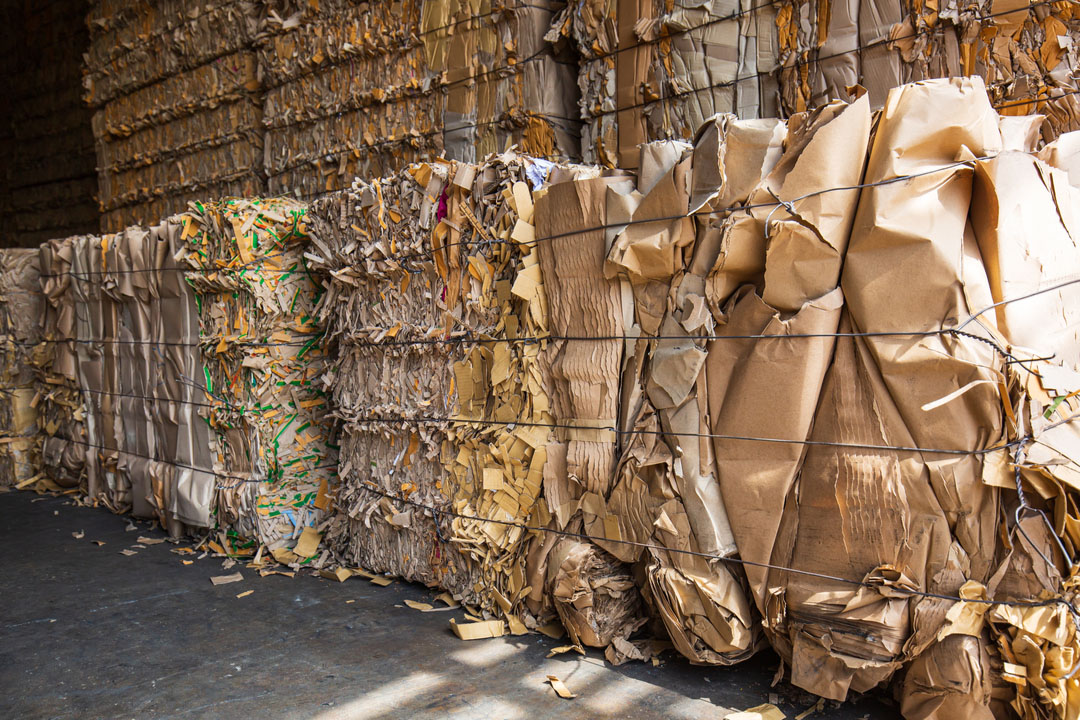
According to AF&PA, in 2021, U.S. mills took in a total of nearly 33 million tons of recovered fiber, the largest amount in over a decade. | noomcpk/Shutterstock
About 94% of U.S. residents had either curbside or drop-off recycling service for at least one type of paper last year, indicating recycling programs largely retained the material despite pandemic pressures.
